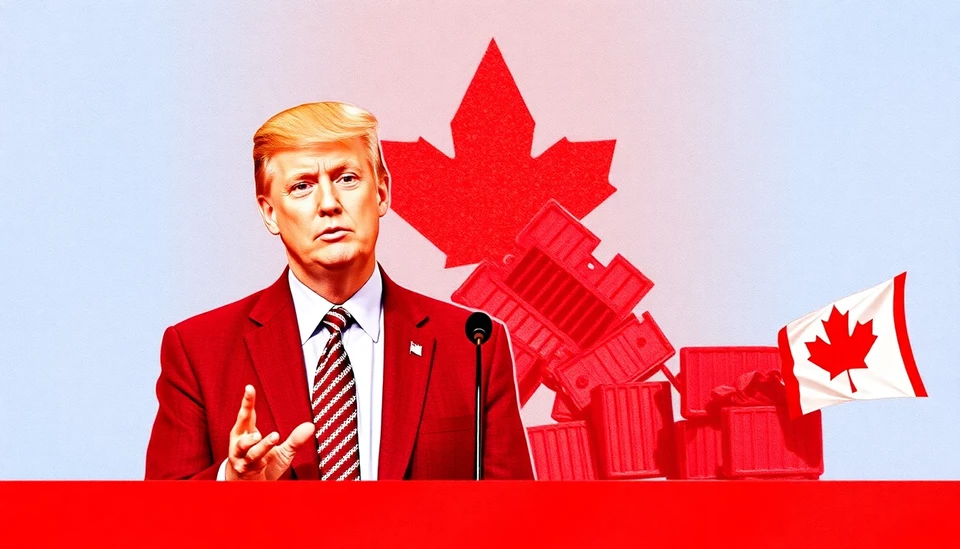
In a striking commentary, Canada’s Trade Minister Mary Ng has expressed her strong disapproval of the tariffs imposed by former President Donald Trump on imported Canadian goods, labeling them as nonsensical. These tariffs, primarily affecting the lumber and steel industries, have long been a sore point in the Canada-U.S. trade relationship, dating back to initial implementations in 2018.
Speaking during a recent event, Ng articulated that the tariffs do not align with the economic realities facing both countries and serve only to complicate an already fragile trade dynamic. She emphasized that the measures hurt American consumers by inflating prices and undermine international trade relationships that could be beneficial for both nations. Ng's comments come amid ongoing discussions about trade negotiations and economic cooperation as the Biden administration continues its efforts to mend relations with Canada post-Trump.
The tariffs, which range from 10% to 25%, were initially introduced to protect the U.S. steel and aluminum industries, but Canadian officials argue that these sectors have not posed a significant threat to U.S. producers. In addition to fabricating economic advantages, Ng pointed out that this protectionist stance contradicts the notion of free trade, which is intended to promote fair and open commerce between allied nations.
Ng's remarks are not isolated; they reflect a broader sentiment among Canadian officials who contend that the tariffs have placed undue strain on bilateral trade, prompting Canadian exporters to seek alternative markets. Many fear that prolonged tariff disputes could also affect industry stability on both sides of the border, complicating operational logistics and leading to job losses.
In response to Ng's statements, American trade organizations have also expressed frustration, arguing that the tariffs need to be revisited to avoid further economic damage. As Canada and the U.S. have historically enjoyed a robust trading relationship, the recent tensions could signify a much-needed discussion aimed at resolving these long-standing tariff issues.
Looking forward, the Canadian government appears committed to advocating for the removal of these tariffs, pushing for a collaborative approach that encourages mutual growth rather than division. Ng concluded her speech by insisting that both nations should prioritize productive dialogues that could pave the way for a more favorable trade landscape free from conflicting tariffs.
#Trade #Tariffs #Canada #USRelations #MaryNg #Economy #BilateralTrade
Author: Rachel Greene




